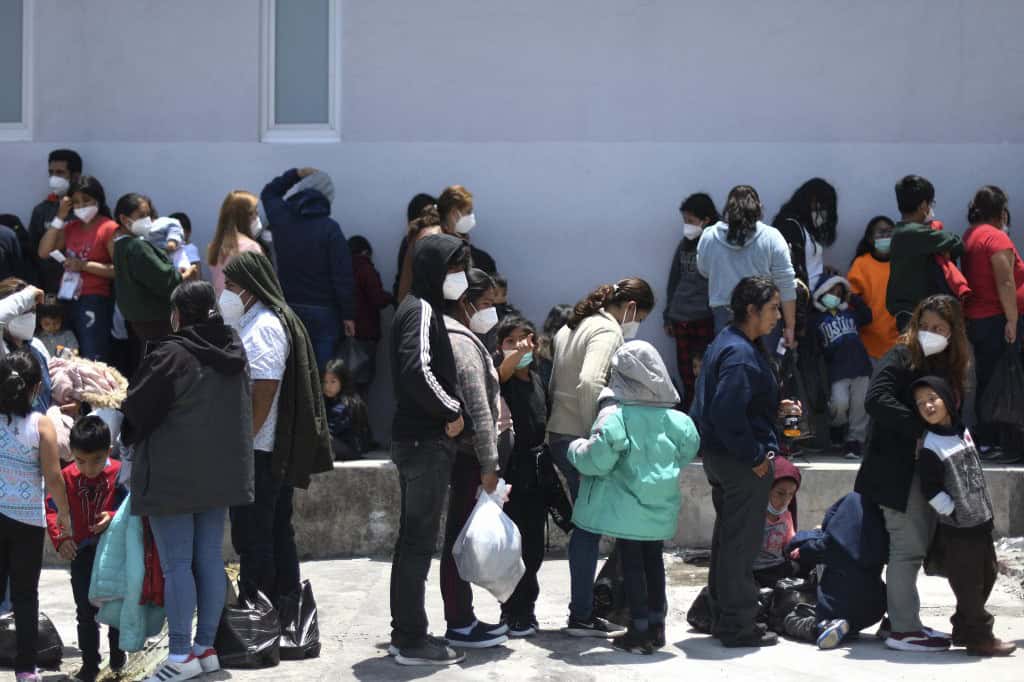Guatemala has started accepting deportees from other countries as part of its deal with the United States, with the first group of Hondurans arriving on a flight from Dallas last Friday. Officials from the Guatemalan Institute of Migration confirmed they handled the reception of three Hondurans and 56 Guatemalans at the airport.
The Hondurans were moved to the Migrant Care Center for Foreign Migrants, known as CAMIEX, before heading back to their home country. This step marks the beginning of Guatemala’s role in processing third-country nationals expelled by the U.S., a commitment made earlier this year.
Back in February, President Bernardo Arévalo met with U.S. Secretary of State Marco Rubio and agreed to boost deportation flights by 40 percent. The plan covers both Guatemalan citizens and people from other nations, aiming to speed up removals from the U.S. border. Arévalo described it as a way to manage migration flows more effectively across the region.
This development comes amid shifting patterns in U.S. immigration enforcement. Under the previous administration led by President Joe Biden, deportations to Guatemala hit a high point. In 2024, the U.S. sent back 61,680 people on 508 flights, including men, women, and children—a sharp rise from prior years. The 2023 total stood at 55,302 Guatemalans deported, which was already above the 2019 record of 54,599.
So far in 2025, the numbers tell a different story. From January to July, U.S. authorities deported 21,908 adult Guatemalans by air, a 43 percent drop compared to the same period last year. Daily averages have fallen from 168 in 2024 to about 103 this year. Experts point to tougher border policies under the current U.S. administration, which have reduced crossings and shifted focus to mass removals elsewhere.
Guatemala’s decision to take in deportees from places like Honduras fits into a broader Central American strategy. Neighboring countries, including El Salvador, have also signed on to similar arrangements, offering to receive non-citizens expelled from the U.S. These pacts aim to distribute the load of returns and deter irregular migration by making the process quicker.
For Guatemala, handling foreign deportees adds new layers to its migration system. The government has invested in facilities like CAMIEX to manage short-term stays and coordinate transfers. Officials say this helps maintain order while supporting regional cooperation on security and economic issues tied to migration.
The first flight’s arrival highlights how these agreements are now in action. With plans for more frequent deportations, Guatemala expects to see additional groups in the coming months. This could strain resources but also open doors to U.S. aid for infrastructure and anti-trafficking efforts.






